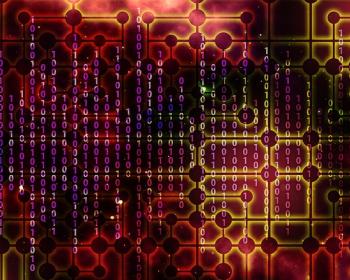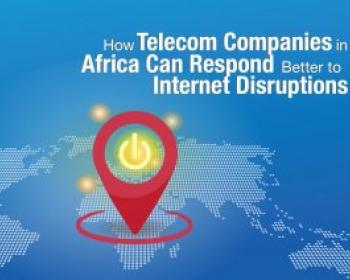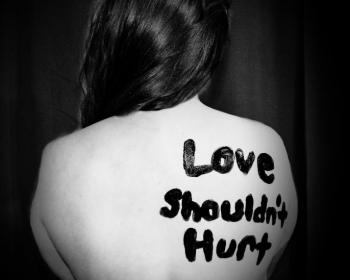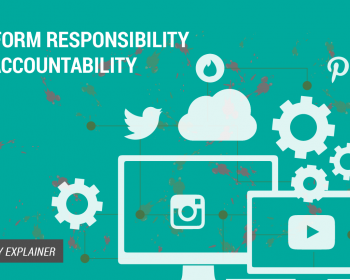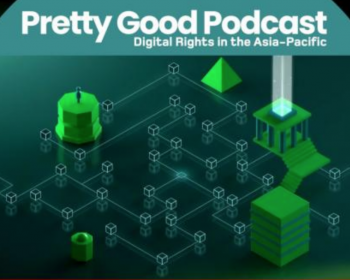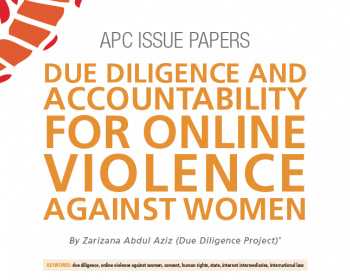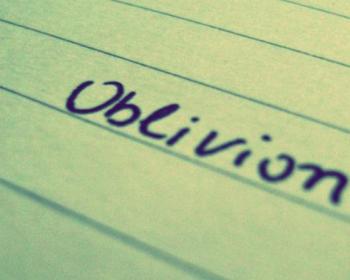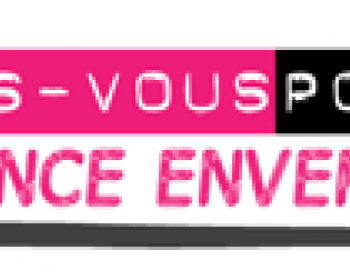internet intermediaries
In this submission, APC and other civil society groups call on the Indian Ministry of Electronics and IT to withdraw the amendments recently proposed to the country's IT Rules and to commence a process of consultation on the proposed amendments.
APC and other organisations believe the draft regulations are inconsistent with the international human rights framework, imperil people’s freedom of expression and right to privacy, and could put journalists, dissidents, activists and vulnerable communities, in particular, at greater risk.
Disruptions to the internet and social media applications have emerged as a common and growing trend of digital repression, especially in authoritarian countries in Africa. Since 2019, numerous countries in the region have either restricted or fully blocked access to the internet.
Recent reports reveal that hundreds of people experience sexual harassment and abuse on Tinder, but Tinder has largely ignored survivors. What is the legal and ethical obligation that dating platforms have when their platform is repeatedly used by sexual assaulters to prey on women and others?
Companies should use international human rights law as the authoritative global standard for ensuring freedom of expression and other rights on their platforms, not the varying laws of states or their own private interests. In this document, APC explains why, where and how we work on this issue.
On this episode of Pretty Good Podcast, Shita Laksmi, Executive Director of Tifa Foundation, chats with EngageMedia about internet intermediary liability, particularly in regards to disinformation on the COVID-19 pandemic and the role of the state in regulating content.
In late May the Guardian released the Facebook Files, leaked internal documents revealing how the company moderates content. Although Facebook has made some improvements, these documents confirm that it's often one step forward, one step back, as the platform continues to censor women's agency, especially women of colour and especially in relation to activism, while letting harassment flou...
This paper explores what online violence against women is; what can be done to stem and ultimately eliminate it; and whose responsibility it is to do so.
Eighteen expert non-governmental organisations from across the world have filed legal submissions before France’s highest court, raising serious concerns about a ruling of France’s data protection authority on the “right to be forgotten”.
Between April 2013 and June 2014, APC carried out its multi-country research project “End violence: Women’s rights and safety online”. This project explored the availability, adequacy and effectiveness of domestic legal remedies and corporate policies/redress mechanisms to address the issue of technology-related violence against women. Below are some preliminary findings from this...

Association for Progressive Communications (APC) 2022
Unless otherwise stated, content on the APC website is licensed under Creative Commons Attribution 4.0 International (CC BY 4.0)



